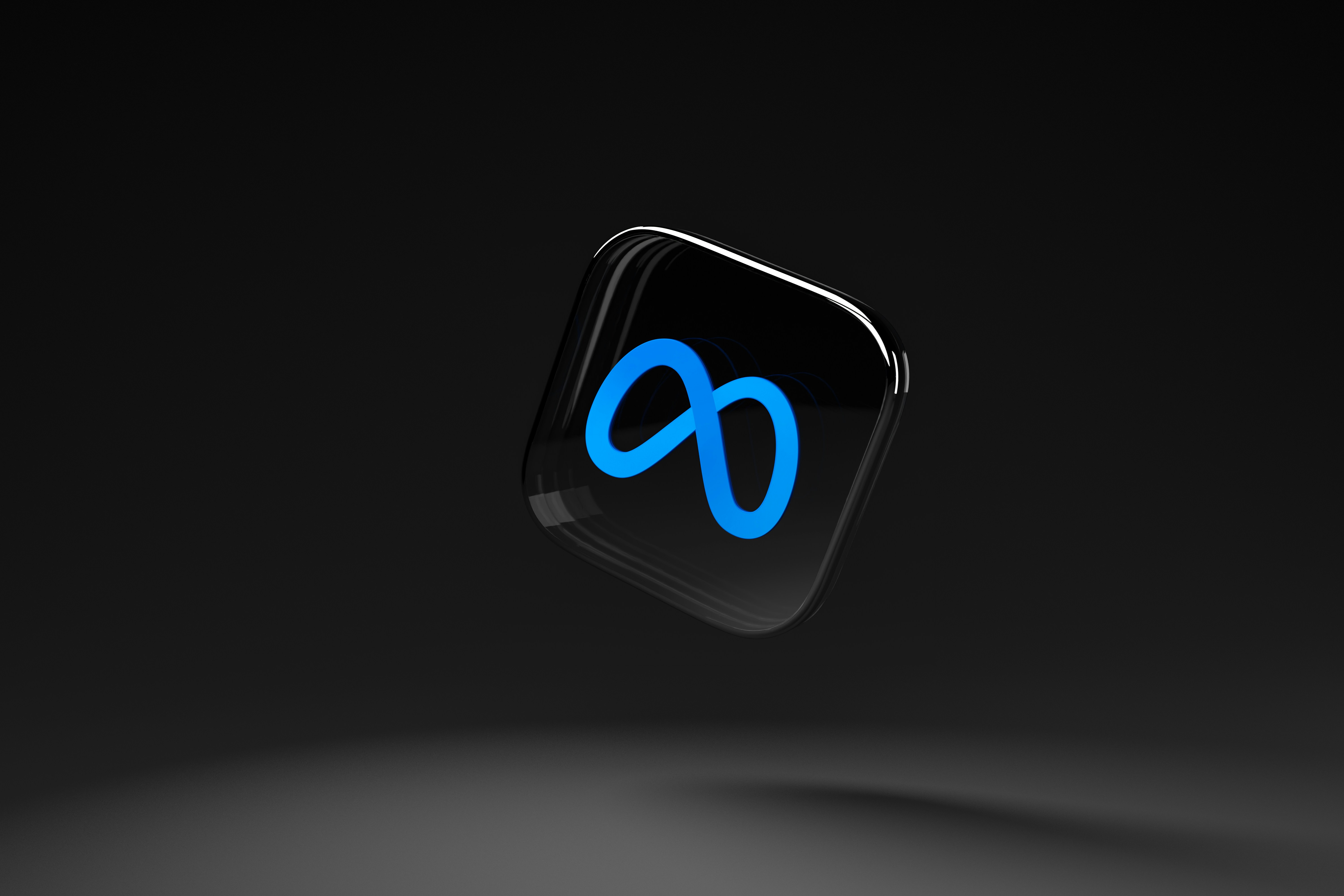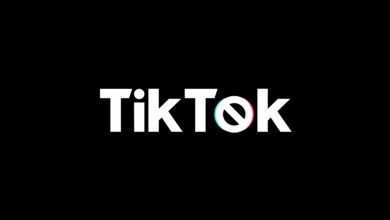Meta Launches Llama 4 AI Models: Revolutionizing the Future of Generative AI

Meta has once again made headlines in the world of artificial intelligence with the release of its newest collection of AI models, Llama 4. The company claims these new models surpass the capabilities of AI models from competitors like OpenAI and Google, across a broad range of benchmarks. Meta is continuing its aggressive push to lead the AI race, offering more advanced, open-source AI models that power Meta’s platforms, including WhatsApp, Messenger, and Instagram Direct.
A Quick Overview of Llama 4
Meta’s Llama 4 release includes two powerful new AI models—Llama 4 Scout and Llama 4 Maverick. Both of these models are now available for download via Meta’s platform or Hugging Face. But there’s also a third, even more powerful model in the works: Llama 4 Behemoth, which Meta claims is “already the highest performing base model in the world.” This powerhouse is still in training, and Meta plans to officially release it in the near future.
Llama 4 Scout is a smaller, more compact model, capable of running on a single Nvidia H100 GPU. Despite its small size, it’s still incredibly powerful, achieving results that Meta says beat Google’s Gemini 3 and Gemini 2.0 Flash-Lite, as well as Mistral 3.1 across various widely-reported benchmarks. Maverick, on the other hand, is a larger model similar in scope to GPT-4o and Google’s Gemini 2.0 Flash. Meta has also shared that Llama 4 Behemoth will be the ultimate model when it comes to raw performance, surpassing the competition such as GPT-4.5 and Claude Sonnet 3.7, particularly in STEM-related benchmarks.
What makes Llama 4 particularly unique is its innovative approach to model architecture. Meta has shifted to a “mixture of experts” (MoE) design, which uses only the necessary parts of the model to carry out a specific task. This approach helps conserve resources and makes the AI more efficient, a key factor as AI models become increasingly complex and resource-hungry.
Llama 4’s Impact on Meta’s Platforms
Meta’s new models are not just available for download; they are also integrated into the company’s core platforms. Llama 4 will power AI agents capable of performing advanced tasks online. These tasks include complex reasoning, processing, and responding to queries in increasingly human-like ways.
Meta’s Chief Product Officer, Chris Cox, said Llama 4 is designed to enable AI agents with new levels of reasoning and action. This includes tasks like web surfing. As these models improve, they will enhance the user experience across Meta’s platforms, such as WhatsApp, Messenger, and Instagram Direct.
The AI models also offer a more personalized experience. Meta aims to create models that understand and anticipate user needs more effectively, enabling smarter, dynamic interactions. For businesses, Llama 4’s integration provides new opportunities for automating customer service and using AI-powered business analytics.
The Future of Llama 4 Behemoth
Llama 4’s upcoming Behemoth model is generating a lot of excitement. This model is set to be the most powerful AI in Meta’s lineup. It will outperform current market leaders in both scale and performance. With 288 billion active parameters and a total of 2 trillion parameters, Behemoth is expected to revolutionize the AI space.
Meta has announced that Behemoth will surpass GPT-4.5 and Claude Sonnet 3.7, especially on STEM benchmarks. It is also being designed to act as a “teacher” for future AI models. This means Behemoth will not only be a standout model but will also drive forward Meta’s AI research.
Meta CEO Mark Zuckerberg has called Behemoth “the highest performing base model in the world.” He shared this exciting news on Instagram, emphasizing the company’s advancements in generative AI. Though still in training, Behemoth’s release is highly anticipated and promises to make a major impact.
Open-Source Ambitions and Criticisms
Like previous versions, Meta has made Llama 4 an open-source project. The company believes open-source AI will lead the industry, with Zuckerberg stating it will become the dominant force in AI development. He sees Llama 4 as the start of an era where powerful AI tools are available to everyone.
However, Meta’s open-source approach has sparked controversy. Critics have raised concerns about the company’s licensing requirements, especially for commercial use. The Llama 4 license demands that commercial entities with more than 700 million monthly active users request a special license from Meta. This has led the Open Source Initiative to argue that such requirements take the models out of the “open-source” category.
Despite this, Meta’s decision to release Llama 4 under an open-source license is a significant step for the AI community. By making the models available to developers, researchers, and companies, Meta is encouraging innovation and collaboration, even though the terms may be restrictive for large commercial players.
Read More:
- Apple Unveils iPhone 16e: The Latest Addition to the iPhone 16 Family
- New Executive Order by Trump Set to Enhance Cryptocurrency and Launch Digital Asset Reserve
- SpaceX Starship Test Flight Ends in Explosion Over Atlantic, FAA Launches Investigation
Meta AI and Its Growing Influence
Meta’s ambitions in AI go beyond Llama 4. The company has been investing in AI research and development for years. It’s clear that they want to continue pushing the boundaries of generative AI. Meta’s AI models are impacting both its own platforms and the broader AI ecosystem.
The release of Llama 4 shows Meta’s growing influence in the AI industry. The company is committed to shaping the future of technology. With the promise of even more advanced models like Llama 4 Behemoth, Meta is set to challenge major players like OpenAI and Google.
For now, users can try out the new models on Meta AI’s platform via WhatsApp, Messenger, Instagram Direct, and the Meta AI website. As Meta continues to improve its models, the potential applications are vast—from personal assistance to business automation and AI-powered content creation.
LlamaCon and What’s Next?
Meta will host its first-ever LlamaCon AI conference on April 29. The event will highlight the company’s future plans for AI models and products, showcasing the latest developments. Meta has also hinted at the release of a standalone app for its Meta AI chatbot in the second quarter, offering users a new way to interact with AI outside of Meta’s core platforms.
As Meta continues to improve its AI models, the company remains focused on creating accessible, open-source solutions that push AI boundaries. Llama 4 is just the beginning, and with Behemoth coming soon, Meta has big plans for AI’s future.
Looking Ahead: Meta’s Bold Move in the AI Race with Llama 4
Meta’s release of Llama 4 represents a major step forward in the world of AI. With its impressive new models, Meta is making a strong case for the future of open-source AI and is positioning itself as a dominant force in the AI industry. Whether you’re a developer, business owner, or just someone interested in the future of technology, the advancements in Llama 4 are worth keeping an eye on.
The upcoming release of Llama 4 Behemoth will only add to the excitement surrounding Meta’s AI efforts. As Meta continues to improve and expand its AI capabilities, the impact on both consumers and businesses will likely be profound. Stay tuned for more updates as Meta leads the charge in shaping the future of generative AI.














